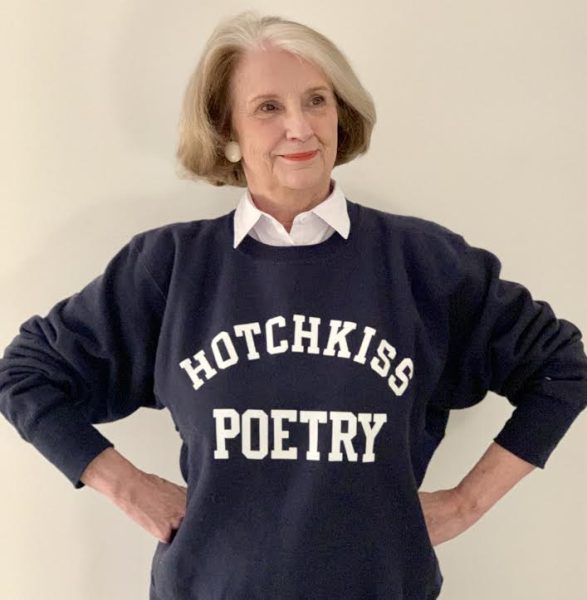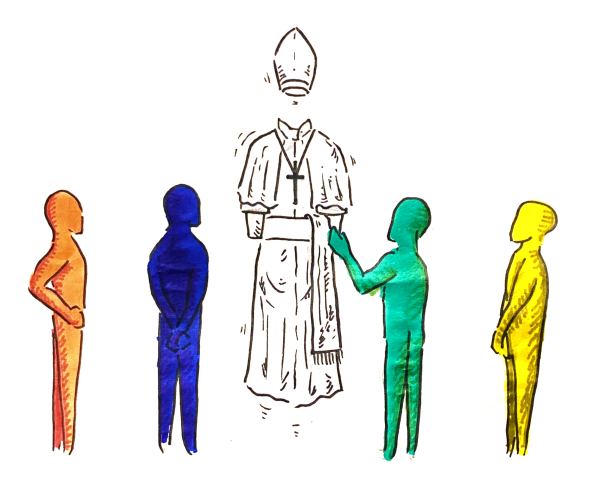Arts Opinion: It’s Time to Stop Watching the Golden Globes… FOREVER
On February 28, I watched the last Golden Globes of my life. Many people (at least in this community) are aware of the racism and lack of representation in Hollywood, reflected in award shows. Helmed by the Hollywood Foreign Press (HFP), the Golden Globes crowned itself the king of Hollywood racism this year. This year, the Golden Globe nominations exhibited four searing examples of Hollywood’s racist nature (it’s not pretty):
1. Minari is barred from the Best Drama category. Minari, a Sundance darling by A24, tells the story of Korean immigrants attempting to live the American dream; many people felt it was a lock for an Oscar best picture nomination. Although Minari was directed by an American, produced by an American production company, distributed by an American distribution company, shot in America, features American actors, and tells an American story, the HFP disqualified it from the Best Drama category and announced it was only eligible for the Foreign-Language Film category. The HFP claims that because over 50% of the film is in Korean, it cannot qualify for Best Drama. This is odd, considering that Quentin Tarantino’s Inglourious Basterds (which is 60% in German) was placed in the Best Drama category and not the Best Foreign-language category in 2010. Even if the HFP were consistent with the over 50% rule, it is still a racist policy. There are plenty of non-English-speaking American stories that are well deserving of recognition within the Best Drama category.
2. Black ensemble films are shut out of Best Drama. This year, black ensemble films have dominated the Oscar season (for both fans and critics). These films include Regina King’s directorial debut One Night in Miami, two new Spike Lee films with Chadwick Boseman: Da 5 Bloods and Ma Rainey’s Black Bottom – Boseman’s last and most outstanding performance – and the story of Fred Hampton, Judas and the Black Messiah. This year’s array of Oscar-worthy films produced, directed, and acted by black people is encouraging, and it is why their exclusion from the Best Drama category at the Golden Globes is so egregious. At least three of the films above will almost certainly be nominated for Best Picture at the Oscars, which will reveal the bias of the Golden Globe towards white cinema and filmmakers.
3. Emily in Paris is nominated over You May Destroy Me. Emily in Paris tells the story of a Chicago marketing executive who travels to Paris to give a marketing firm her American perspective; my mother describes the show as a “trashy show to watch” while doing taxes. Rotten Tomatoes rates it as a 63%. You May Destroy Me is a highly acclaimed HBO series created by and starring Michaela Coel that tells the tale of a Black woman who is forced to reassess her life after being sexually assaulted in a nightclub. There was a significant uproar amongst fans and critics to see such a daring and beloved series not nominated in favor of a show that has been done before. One of those enraged individuals was Deborah Copaken, the writer of Emily in Paris: “Now, am I excited that Emily in Paris was nominated? Yes… But that excitement is now unfortunately tempered by my rage over Coel’s snub. That I May Destroy You did not get one Golden Globe nod is not only wrong, it’s what is wrong with everything.”
4. The HFPA hasn’t had a black member in 20 years. This is what really set me off. It now makes total sense that the Golden Globes hasn’t been giving black art its due. They don’t have any black members. At the show itself, the president of the HFPA promised to do better and increase diversity, but I’m not sticking around to see if that was performative or not.
In 2021, it’s time to hold ourselves to a higher standard. The Golden Globes are broken beyond repair. That’s why this year is the last year I will watch or track the Golden Globes, and I hope you will join me in this resolution. NBC should drop the show immediately and give that primetime slot to other worthy, exciting, consequential, and, most importantly, less problematic award shows like the SAG (Screen Actors Guild Awards), Critics Choice Awards, or Indie Spirit Awards.










